World Cup hangover: A new soccer fan's guide to choosing a club to support
Everyone starts somewhere.
If you enjoyed the World Cup but don't typically follow European football (or soccer, for those applicable), don't fret. Navigating the many domestic leagues across Europe can be tricky - even for many longtime fans.
One of the best ways to dive into the club game is by finding a team to support. In fact, it's probably the most important decision about the sport for any fan to make.
Below, we'll get you started with a beginner's guide to clubs in the top five leagues in Europe, with a breakdown of bandwagons, underdogs, best kits, top fan bases, and more to help you decide on a team to support. We'll also run down some alternative options from smaller leagues in Europe that often find their way into the UEFA Champions League.
Premier League - England
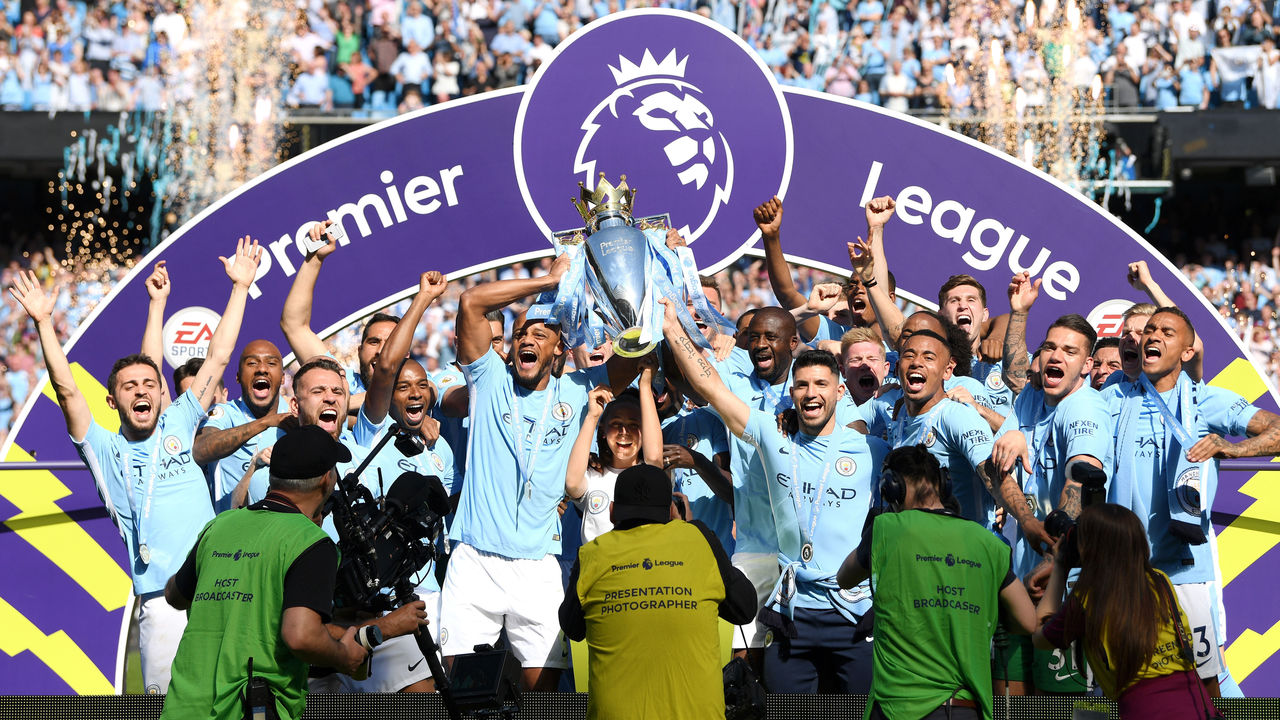
Start date: Aug. 10
Arguably the most exciting football league in the world, the Premier League is home to a number of the World Cup's greatest stars, including Eden Hazard, Paul Pogba, Kevin De Bruyne, and Harry Kane. It also contains some of the most recognizable clubs in the world such as Manchester United, Liverpool and Arsenal, to name a few.
But the real beauty of the Premier League is that there's more at stake than just crowning a champion. Although Manchester City locked up the title early last season, fans continued to show up across the country in hopes of seeing their club avoid relegation or qualify for the Champions League.
So, if an English (or even a Welsh) club is your thing, how do you decide which one to root for? That depends on what you prioritize.
Hopping on the bandwagon: Manchester City. The Citizens ran away with the crown last season in record-breaking fashion, becoming the only Premier League side in history to crack 100 points in a campaign.
Rich history: Manchester United. The Red Devils boast a lush background that includes the "Busby Babes" era and Sir Alex Ferguson's illustrious 27-year tenure, though the club has struggled for silverware since the Scottish boss stepped down in 2013.
Underdog: Tottenham Hotspur. Mauricio Pochettino's men make up one of the younger sides in the league, but they're coming off a third straight podium finish despite operating with a lower wage bill than the rest of the "big six."
Playing style: Liverpool. With Sadio Mane, Roberto Firmino, and Mohamed Salah set to lead the frontline once again, the Reds would be a good choice if you enjoy speedy counter-attacks and plenty of goals.
Fan culture: Crystal Palace. The Eagles have traditionally maintained a commendably close connection with their supporters, who've even earned Premier League recognition for their commitment. A Palace fan was even responsible for the team's new logo in 2013 after supporters convinced the club to scrap its original fan-vote candidates.
Best kit: West Ham. If you just want your team to look good, consider the Hammers, who've nailed a delicate balance of maroon and sky blue this season, with a decent away kit to match (but you can judge every Premier League team's kits here for yourself).
Left-field choice: Bournemouth. The Cherries finished a respectable 12th last season, which came a decade after they played in the fourth tier and battled serious financial troubles that almost shuttered the club entirely. They won't win the title anytime soon, but their incredible rise under manager Eddie Howe is a solid cause for support.
La Liga - Spain
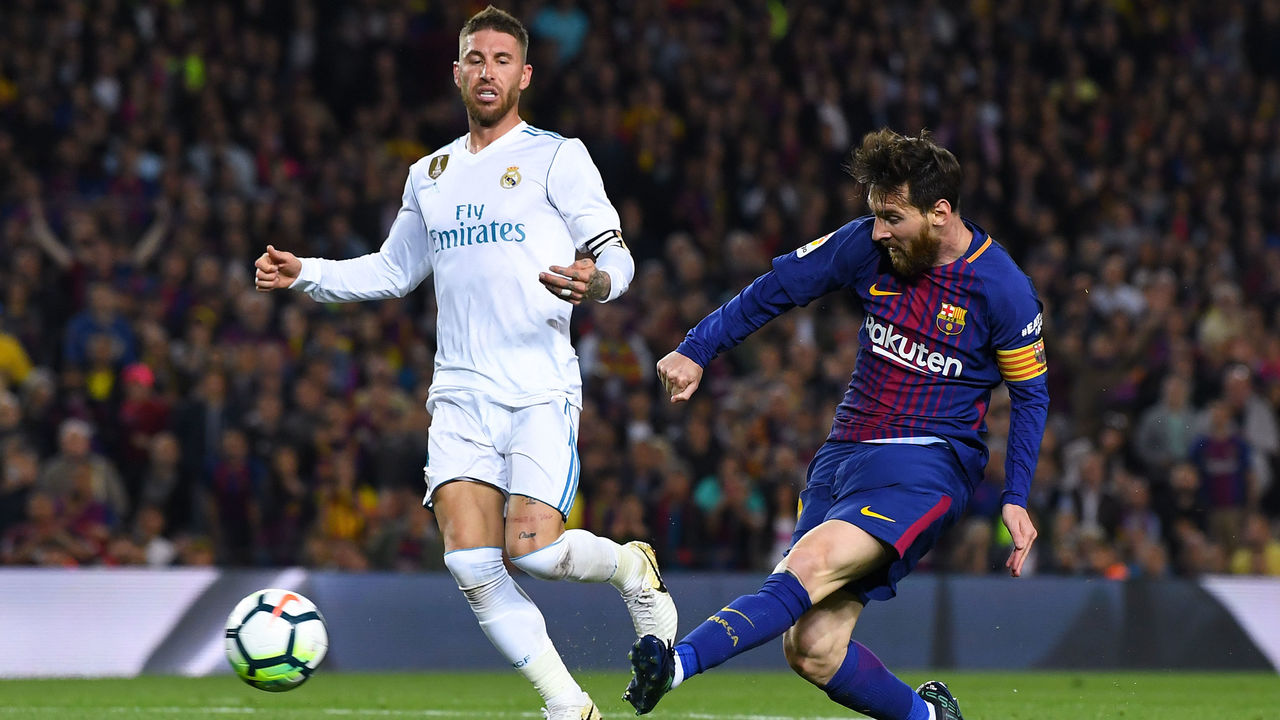
Start date: Aug. 17
Other than a surprising Atletico Madrid title win in 2013-14, only two clubs have dominated La Liga across the last decade: Real Madrid and Barcelona. And those teams represent Spain's polar opposites - the former plays in the country's capital, while the other is considered an icon of Catalonia, which has increasingly pushed for independence in recent years. Even until very recently, the club's transfer strategies were very different, with Madrid traditionally unafraid to spend lavishly and Barcelona confident in its esteemed La Masia academy.
But while a team spearheaded by Lionel Messi or Sergio Ramos usually emerges as the champion, it's not entirely implausible for one of the other 18 sides to finish on top.
Hopping on the bandwagon: Barcelona or Real Madrid. They're both global titans of the sport, and nobody will cut you any slack for choosing either one. Just please, for the good of all of us, don't choose both.
Rich history: Atletico Madrid. Despite operating in Real Madrid's shadow for decades, Los Colcheneros have made a name for themselves in La Liga lore. Atletico are the third-most successful club in Spain's top flight while winning a handful of European honors to boot, including this past season's Europa League trophy.
Underdog: Villarreal. Perhaps the ultimate underdog choice, The Yellow Submarine have never won La Liga, but are a frequent top-five side and even finished runners-up in 2007-08. That's especially impressive when you consider the club's relatively smaller size; their home stadium seats a fraction below 25,000 fans, or just under half of the city's entire population.
Playing style: Valencia. Prior to Atletico, Valencia was the last side not named Barcelona or Real Madrid to win the title, back in 2003-04. Though far removed from those glory days, Los Che are still entertaining to watch. Enticing Brazilian-born Spanish international Rodrigo scored 16 goals last season while the club finished with 66, the fourth-highest total in La Liga.
Fan culture: Real Betis. Despite bouncing between the first and second tiers over the last nine years, Betis still boasted La Liga's fourth-highest average attendance last season, according to Transfermarkt. But if you choose to attend a match in person, it might be best to avoid seeing the club face fellow Andalusian side Sevilla, as supporters from the teams have sometimes turned violent amid one of the country's fiercest rivalries.
Best kit: Girona. The Catalan club's new diagonal red stripes are an homage to their crest while providing a necessary fresh look in a league that's otherwise stale when it comes to kit aesthetics. Girona won't be the best team in Spain - or even Catalonia, for that matter - but at least they will look better than most.
El nou patrocinador principal, @Marathonbet_es , estarà present al frontal de les equipacions. @adaybenitez #Revolució #GironaFC #OrgullGironí @UmbroIberia pic.twitter.com/eOFmJSXhvs
— Girona FC (@GironaFC) July 5, 2018
Left-field choice: Athletic Bilbao. If you want a side with a unique philosophy, consider Los Leones. Despite only enlisting players with Basque heritage or playing roots in the region, the club join Barcelona and Real Madrid as the only sides that have never been relegated from Spain's top flight.
Ligue 1 - France
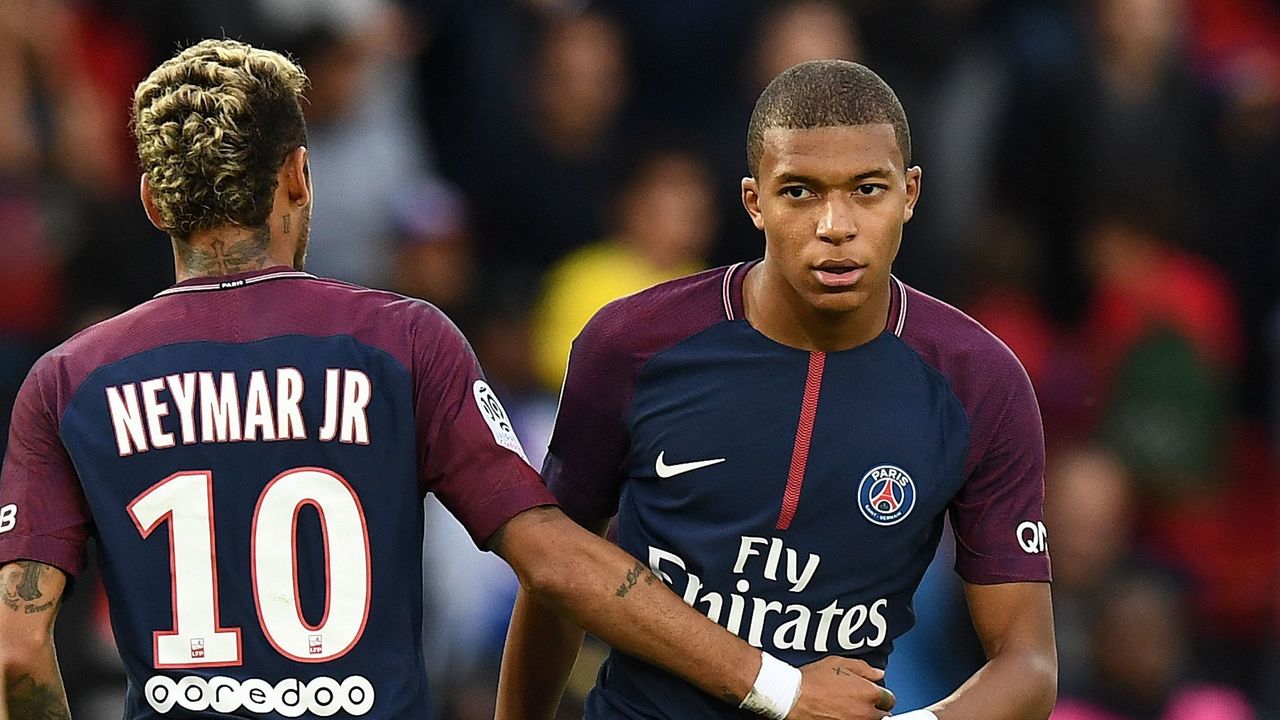
Start date: Aug. 10
France's top flight was a beacon of parity in the late '90s when six different clubs won the league over seven seasons. But since Qatari business mogul Nasser Al-Khelaifi took over as Paris Saint-Germain's chairman in 2011, the club has dominated Ligue 1, winning five of the last six titles thanks in part to their record signings.
Still, French football is on the rise after the country's World Cup victory, and there are club options aplenty for those interested in Ligue 1.
Hopping on the bandwagon: Paris Saint-Germain. Believe it or not, the giants from the French capital weren't always the heavyweights they are now - in fact, PSG were just three points away from relegation 10 years ago. But if you enjoy the safest bet, look no further than the club home of World Cup stars Neymar and Kylian Mbappe.
Rich history: Saint-Etienne. The good news is that Les Verts own the most Ligue 1 titles in history with 10, eclipsing the nine won by Marseille. The bad news is Saint-Etienne's last league triumph came in 1980-81, and it could be many more years before the club find more domestic success.
Underdog: Lyon. Colloquially known as Les Gones, or "The Kids," Lyon's nickname matches up well with their lauded youth academy, which has produced several notable French stars in recent years, including Alexandre Lacazette, Karim Benzema, Nabil Fekir, and Samuel Umtiti.
Playing style: Monaco. Leonardo Jardim's side lost a pair of key pieces this summer in Fabinho and Thomas Lemar, but the Portuguese boss has shown he can manage the constant turnover with ease, leading the principality side to four consecutive podium finishes, including a championship in 2016-17.
Fan culture: Marseille. Not only are Les Olympiens currently the second-most successful Ligue 1 side in history, but the club's connection to their fans is so strong that Marseille even renamed a section of the Stade Velodrome after Patrice de Peretti, the late leader of one of their ultra groups.
Best kit: Bordeaux. Les Girondins unveiled an attractive trio of kits to choose from for the upcoming season, with Puma supplementing the traditional navy blue home offering with a pristine pink away kit and a more classic-looking red alternate with a buttoned collar.
New saison, new levels ! Nos nouveaux maillots pour cette saison ! #NewLevels @pumafootball pic.twitter.com/sSS0Cqmcx0
— FC Girondins de Bordeaux (@girondins) July 18, 2018
Left-field choice: Nice. If you want to support a smaller side that provides the bonus of a prime vacation spot, Nice is an excellent choice. The city is located in the heart of the glamorous Cote d'Azur region in France, providing a beautiful backdrop for matches at the Allianz Riviera.
Bundesliga - Germany
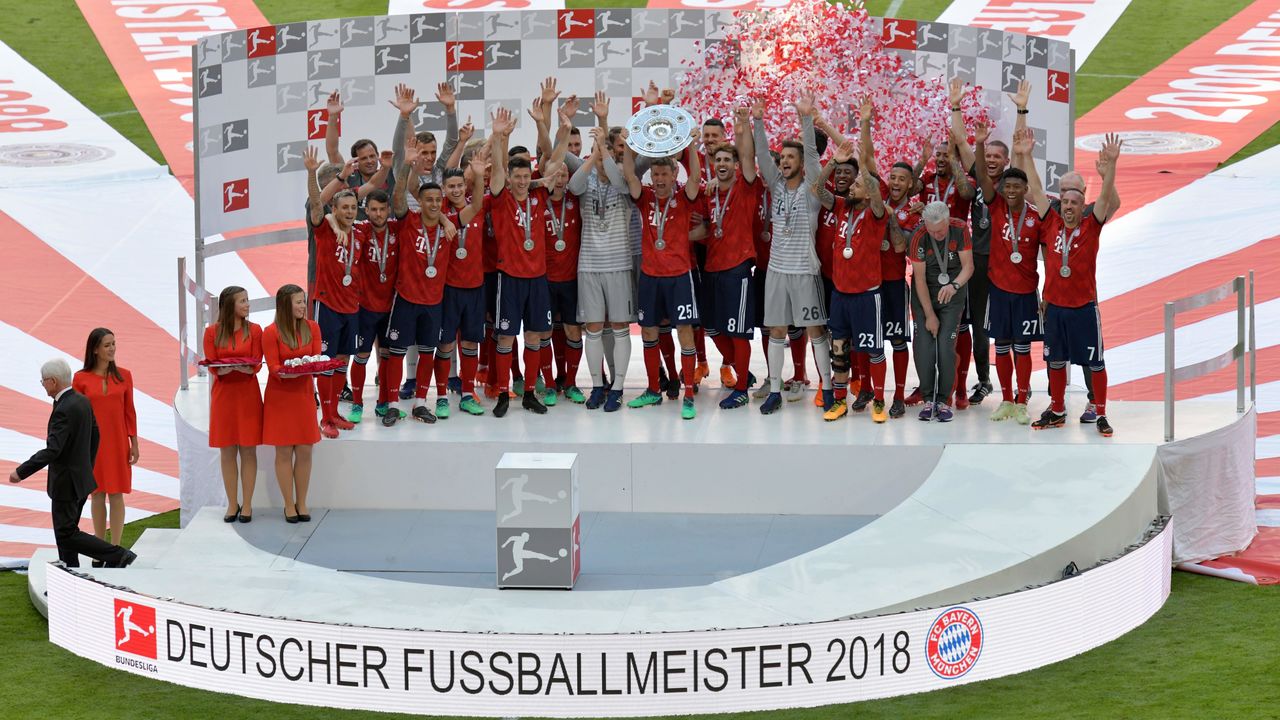
Start date: Aug. 24
Germany's top flight is unique in that all teams must operate under a "50+1 rule," which states that clubs must hold the majority of their own voting rights. Since teams allow their fans to become members, this essentially means private companies are blocked from going against the will of supporters. That in turn helps contribute to a number of unique positives in the Bundesliga, including cheaper match tickets and high attendance numbers.
If that sounds appealing, here are some club suggestions for Germany:
Hopping on the bandwagon: Bayern Munich. If there's one flaw about Bayern, it's that the club may be too good. The Bavarian outfit has won the Bundesliga six seasons in a row, and the ease with which they snap up the league's best talent leaves opposing fans devoid of any sympathy after rare losses.
Rich history: Nurnberg. Promoted back to the Bundesliga for this season after a four-year stay in the second tier, Nurnberg's nine top-flight titles rank second behind Bayern in Germany. However, eight of those came in the now-defunct German Football Championship, while Nurnberg won the Bundesliga just once, in 1967-68.
Underdog: Schalke. Die Konigsblauen have seven top-flight titles, but none since the Bundesliga was established in 1963. Schalke can, however, lay claim to one of the best youth academies in the country, as Leroy Sane, Mesut Ozil, Julian Draxler, and Manuel Neuer are all products of the esteemed Knappenschmiede.
Playing style: Hoffenheim. Manager Julian Nagelsmann completely turned the club around when he took over in February 2016 as a 28-year-old, narrowly steering them out of the relegation zone as the youngest manager in league history. Hoffenheim finished fourth the following year, and improved again with a third-place result last season, their best finish ever. But despite his success, Nagelsmann's tenure won't last much longer, as he's already lined up to take over at RB Leipzig in 2019.
Fan culture: Borussia Dortmund. The Westfalenstadion, Dortmund's home ground, is one of the largest stadiums in Europe with a maximum seating capacity of 81,360. And the club's supporters use that huge space to its full advantage, having created some daunting banners over the years to enhance the atmosphere:
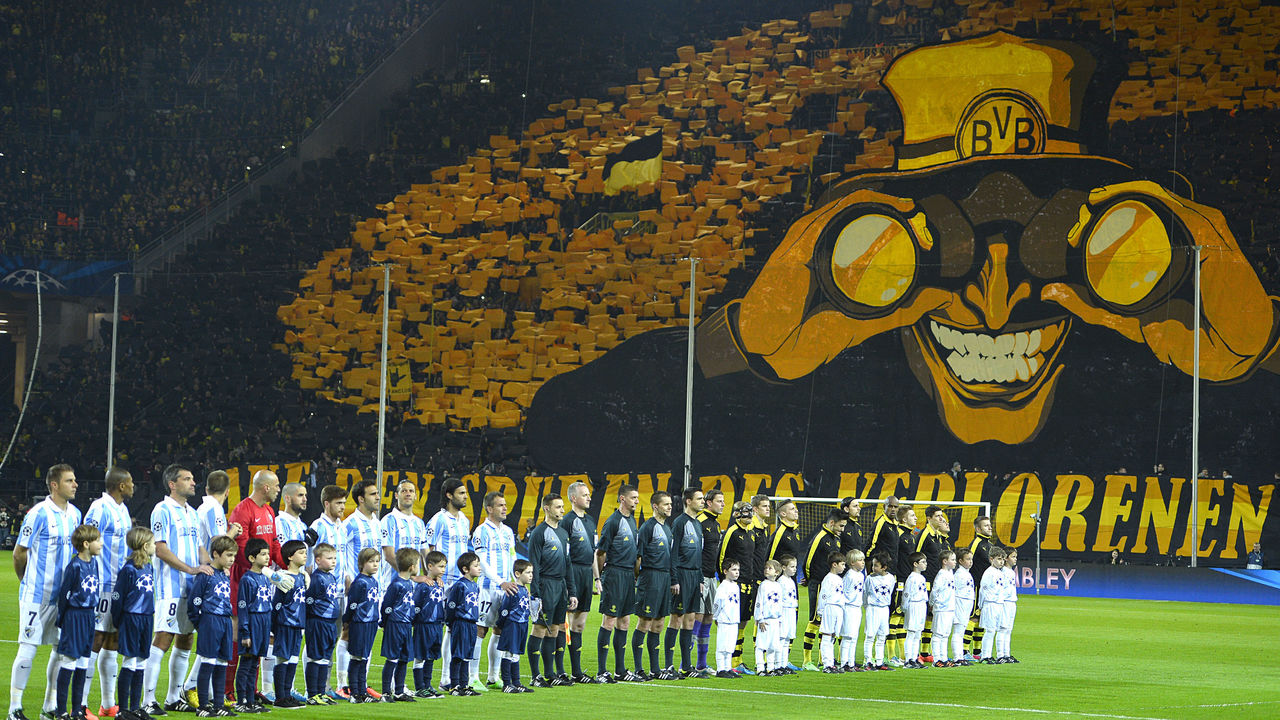
Best kit: Bayer Leverkusen. With a single deep red strip down the middle of their black home kit, Leverkusen's primary offering for this season stands head and shoulders above the rest. Even the club's white, thin-striped away kit is easy on the eyes.
😍⚫️🔴😍 pic.twitter.com/f4LitmBuAq
— Bayer 04 Leverkusen (@bayer04_en) July 15, 2018
Left-field choice: Eintracht Frankfurt. Success rarely comes for the Frankfurt outfit, which won their last German championship in 1959. The Eagles had one of their greatest moments last season, though, upsetting giant Bayern Munich in the DFB-Pokal final after it was revealed that Bayern was poaching Eintracht manager Niko Kovac for 2018-19.
Serie A - Italy
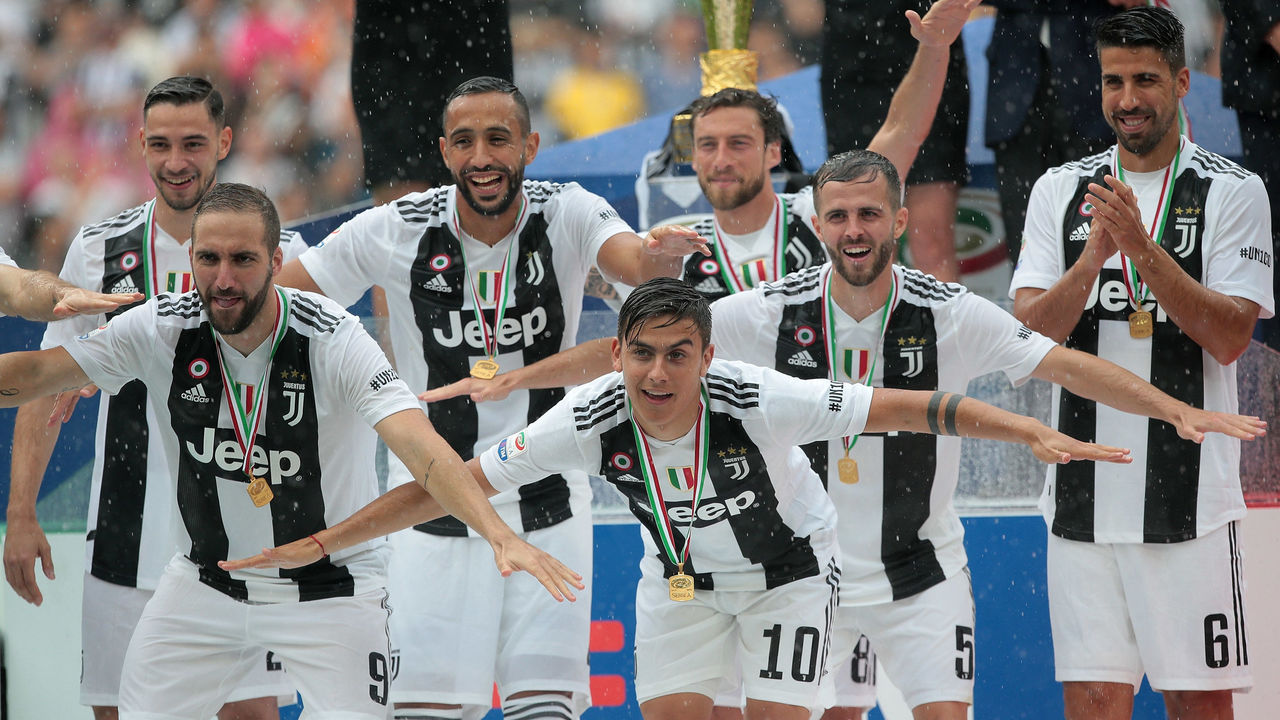
Start date: Aug. 19
Italy's premier domestic league has been home to a plethora of the world's greatest footballing talents in years past. Iconic names like Kaka, Zinedine Zidane, Ronaldo, George Weah, Marco van Basten, and Lothar Matthaus all won FIFA's World Player of the Year award while playing in Italy. That list doesn't even include other legendary Serie A alumni such as Paolo Maldini, Francesco Totti, Gabriel Batistuta, Dennis Bergkamp, and Andriy Shevchenko.
Those prime Serie A days may seem far in the rear-view mirror, but the league is still producing and attracting superstar talent.
Here are some candidates for your support:
Hopping on the bandwagon: Juventus. Serie A's seven-year reigning champions will look a little different this season after losing iconic goalkeeper Gianluigi Buffon. On the other hand, the club went ahead and landed Portuguese superstar Cristiano Ronaldo for €100 million this summer, so everything should be just fine.
Rich history: AC Milan. With 18 titles and seven Champions League victories, the Rossoneri were once a footballing powerhouse in Europe, but they've fallen off slightly due to some questionable ownership issues. A recent change up top looks to be steadying the ship and providing some optimism, however.
Underdog: Roma. The side from the Italian capital only has three Serie A titles to their name, though Eusebio Di Francesco's men were Champions League semi-finalists this past season after an incredible comeback against Barcelona. Roma are also recognized for their transfer-market dealings, as the club often lands talent on the cheap before flipping it for millions in profit; Alisson, Mohamed Salah, and Radja Nainggolan are prime examples.
Playing style: Napoli. Esteemed manager Maurizio Sarri was poached by Chelsea this summer, but the Ciucciarelli ("little donkeys") replaced their former boss with the experienced Carlo Ancelotti. With the talented Lorenzo Insigne and Dries Mertens still spearheading the attack, Napoli figure to be enthralling to watch once again.
Fan culture: Fiorentina. The Viola's fan base is boosted by the fact that their club is the only representative of Florence across all professional levels - a rarity in Italian football. As an added bonus, you may even catch a glimpse of some UFOs while taking in a match at the Stadio Artemio Franchi.
Best kit: Sampdoria. With respect to the other 19 Serie A clubs, Sampdoria is an easy choice if aesthetics are your priority. The clean tri-color strip across the blue home kit is a club staple, and the badge adorned with St. George's Cross is a visually pleasing touch for the city of Genoa.
💓 The faint-hearted should look away now...
— Sampdoria English (@sampdoria_en) July 7, 2018
➡️ https://t.co/h96Xg67ZnG pic.twitter.com/mLxnGqYOv0
Left-field choice: Parma. After going bankrupt in 2015, Parma had to claw their way back up the pyramid from Serie D, the fourth tier. An unprecedented four consecutive promotions later, and Parma are back in Serie A for 2018-19. The club's return has already been hit with controversy, though, as Parma was docked five points to begin the new season after forward Emanuele Calaio was found guilty of match-fixing and banned for two years.
Other Champions League regulars
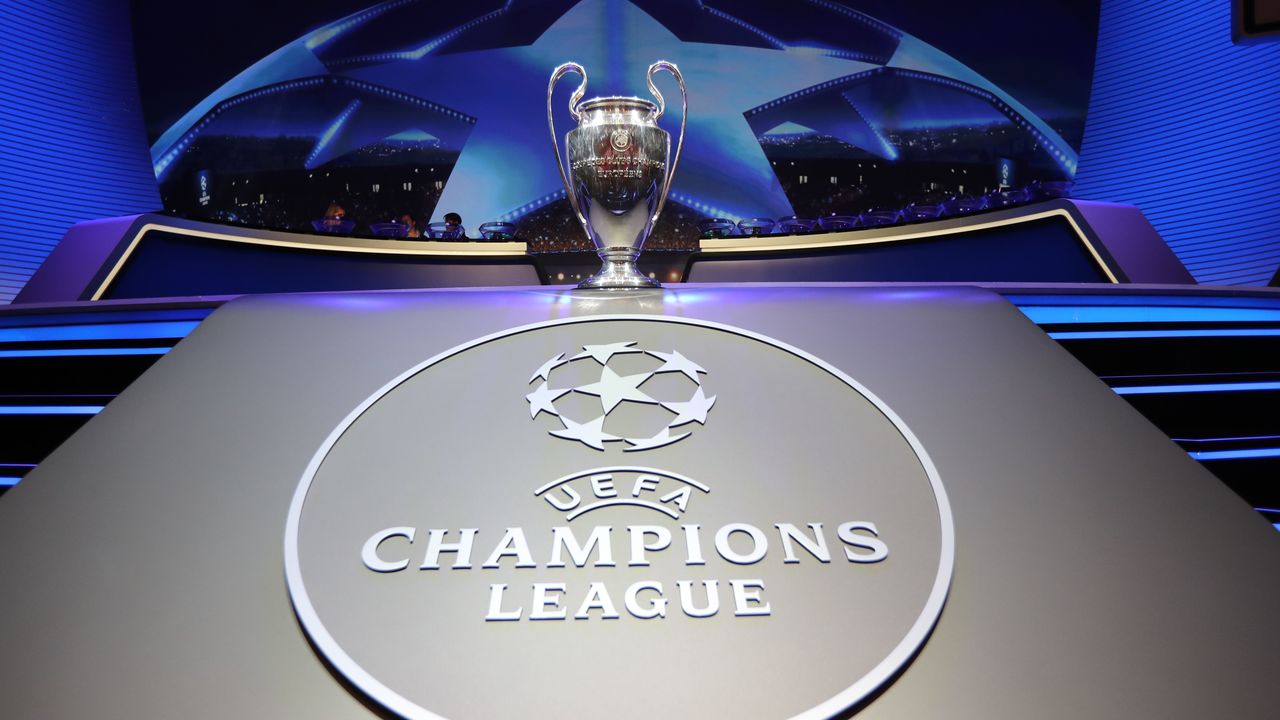
Teams from each of the leagues above can also qualify for the annual Champions League - a prestigious midweek competition that sees clubs advance until one is crowned king of Europe. Real Madrid have won the last three editions for a total of 13, while other repeat winners include AC Milan (seven), Bayern Munich (five), Liverpool (five), and Barcelona (five).
Like the World Cup, the Champions League is a 32-team tournament with an opening group stage, but it runs simultaneous to the domestic leagues instead of during their offseasons. The champion from the previous year in each of the above leagues qualifies automatically, while the more prestigious leagues (such as England's Premier League) can send up to four of their top clubs.
Most of the teams that end up competing in the Champions League on a regular basis have been mentioned above, but there are some other frequent challengers from smaller leagues in other countries that you might take a liking to, such as:
Ajax (Eredivisie, the Netherlands): The most successful club in the history of the Eredivisie, Ajax underwent a golden era in the '70s led by Dutch icon Johan Cruyff, during which the team won three consecutive European Cups (the predecessor to the Champions League). Ajax's run helped bring international success to the Netherlands, as the country reached the World Cup final in both 1974 and '78.
FC Porto or Benfica (Primeira Liga, Portugal): These two teams have both won Europe's premier club competition twice, with Porto claiming the most recent success in 2004. But if you're leaning toward one of Portugal's most dominant clubs, choose wisely, as they are hated rivals.
Celtic F.C. (Scottish Premiership, Scotland): Led by legendary Scottish manager Jock Stein, Celtic won their only continental honour in 1967 when they toppled Italian giant Inter Milan in the European Cup final in Lisbon. That Celtic team, which went down in history as the "Lisbon Lions," were the first squad outside the mainland to win Europe's illustrious club tournament.
(Photos courtesy: Getty Images)